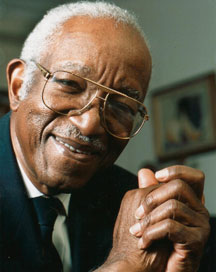Andrew Writes:
p. 57-85
555555555555555555555555555555555555555555555555555555555555
5555555555555555555555555555555555555555555555555555555555555
55555555555555555555555555555555555555555555555555555555555555
555555555555555555555555555555555555555555555555555555555555555
555555555555555555555555555555555555555555555555555555555555555555
5555555555555555555555555555555555555555555555555555555555555
555555555555555555555
55555555555555555555555555555555555555555555555555555555555
55555555555555555555555555555555555555555555555555555555555
555555555555555555555555555555555555555555555555555555555555
5555555555555555555555555555555555555555555555555555555555555555555
5555555555555555555555555555555555555555555555555555555555555555
555555555555555555555555555555555555555555555555555555555555555555555
55555555555555555555555555555555555555555555555555555555555555555555555555555555
55555555555555555555555555555555555555555555555555555555555555555555555
55555555555555555555555555555555555555555555555555555555555555555555555
55555555555555555555555555555555555555555555555555555555555555555555555555555
5555555555555555555555555555555555555
555555555555555555555555555555555555555555555555555555555
555555555555555555555555555555555555555555

